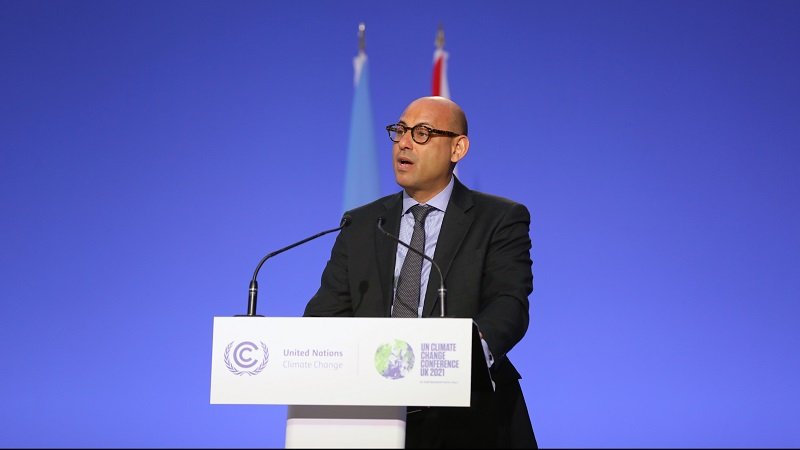UN Climate Change Executive Secretary, Simon Stiell, says clean energy investment has increased tenfold since the Paris Agreement, a significant achievement attributed to the multilateral system.
This was disclosed in a statement on Tuesday.
He, therefore, called for increased momentum in the energy transition, calling the current decade one to realise the benefits of clean energy and climate action on a global scale.
Mr. Stiell made the declaration during his speech at the New York Climate Week in New York, a flagship event hosted by Mission 2025.
The event is focused on the rise of the new economy, and launching the new COP30 in Brazil to be held in November.
The UN expert, who said the clean energy transition hit $2 trillion in 2024 alone, however, stated that the boom was uneven as its vast benefits were not shared by all.
“Climate disasters are hitting every economy and society harder each year. So, we need to step it up fast. The good news is we’re not waiting for miracles. The economics are on our side.
“Today, over 90 percent of new renewables cost less than the cheapest new fossil option. The technologies and solutions already exist.
“Also, clean power, electrification, efficiency and storage, resilience-building, and the toolkit are being put to work. But to ramp up implementation, we need that toolkit in every nation’s hands,” he said.
He said the Paris-alignment would be from country by country, sector by sector, across every stream of finance by using the next global stock taken as the timeline to get there.
Read Also:
- Oborevwori champions clean energy at Macao IIICF, eyes waste-to-energy projects for Delta State
- Nigeria’s first Hybrid EV Charging Station unveiled in Abuja, paving way for clean energy revolution
- Need for accountability of flared, vented gas and clean energy in Nigeria
The executive secretary said the world ought to harness the force multipliers to succeed in the faster, changing world.
“By taking industrial transformation, clean industry underpins stronger economies, more resilient supply chains, lower costs, and lower emissions. Yet $1.6 trillion worth of projects remain idle. That is wasted potential.
“In the next five years, we can unleash huge progress, powered by innovators and entrepreneurs, enabled by Paris-aligned governments, creating millions of good jobs.
“That is why I fully support Build Clean Now, a global initiative to fast-track clean industry shifts, led by the industrial transition accelerator, being launched later this afternoon,“ he said
He said AI had started a ready-made solution and carried risks which could, however, also be a game-changer.
“I echo the secretary-general, if you run a major AI platform, power it with renewables, and innovate to drive energy efficiency.
“Jobs and livelihoods must be protected. Done properly, AI releases human capacity, not replaces it. That is our approach in the secretariat, as we explore how AI can improve our own work.
“Most important is its power to drive real-world outcomes: managing micro grids, mapping climate risk, guiding resilient planning. This is just the beginning,” he said.
He suggested striving towards faster, fully-inclusive, higher-quality decisions that tie the formal process ever-closer to real economies and real lives.






